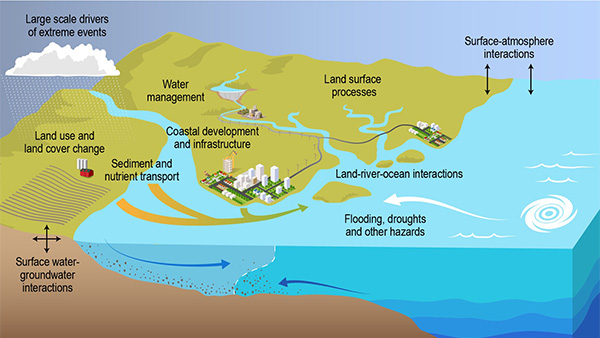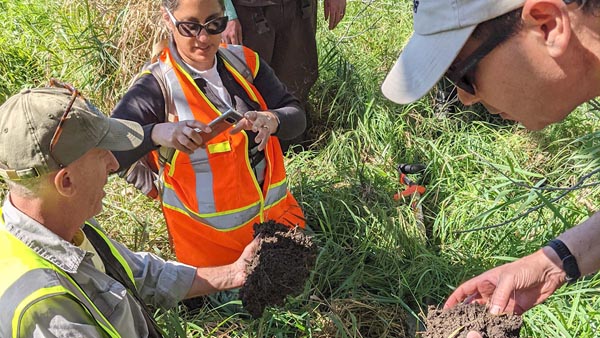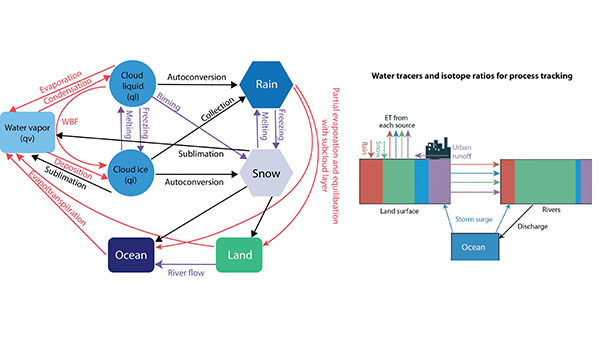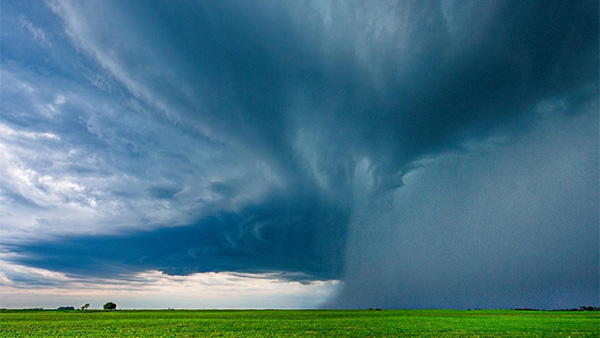ICoM: Integrated Coastal Modeling
A multi-institutional effort, we are developing, evaluating, and applying a diverse set of modeling tools to systematically analyze coastal processes, hazards, and responses. Our vision is to deliver a robust
predictive understanding
of coastal evolution that accounts for the complex, multi-scale interactions among physical, environmental, and human systems. We take an integrated approach that brings together multiple modeling tools to represent both extreme events and long-term changes in human and natural systems.
| Keywords | coastal modeling, Earth System Models, extreme events, human-natural interactions, multiscale modeling, multisector dynamics |
|---|---|
| TYPE | Project |
Principal Investigator (PI)
Ian Kraucunas
Lead Institution
Other Collaborators
Baylor University
Cornell University
Pennsylvania State University
Rutgers University
University of Arizona
University of California Davis
University of Houston
University of Michigan
University of Washington
Virginia Institute of Marine Science

ICoM is taking an integrated approach that brings together multiple modeling tools to represent both extreme events and long-term changes in human and natural systems. We focus on processes that represent significant uncertainties in the evolution of coastal systems and are aligned with the U.S. Department of Energy (DOE) mission. (Image credit: https://icom.pnnl.gov/)
Categories
Other research you might be interested in
 COMPASS-FME: Coastal Observations, Mechanisms, and Predictions Across Systems and Scales (COMPASS) Field, Measurements, and Experiments (FME) Pilot Study
COMPASS-FME: Coastal Observations, Mechanisms, and Predictions Across Systems and Scales (COMPASS) Field, Measurements, and Experiments (FME) Pilot Study
 Probing Water Cycle Processes and Extremes in Coastal and Urban Environments Using Water Isotope Ratio Tracers and Numerical Tags
Probing Water Cycle Processes and Extremes in Coastal and Urban Environments Using Water Isotope Ratio Tracers and Numerical Tags
 WACCEM: Water Cycle and Climate Extremes Modeling
WACCEM: Water Cycle and Climate Extremes Modeling















